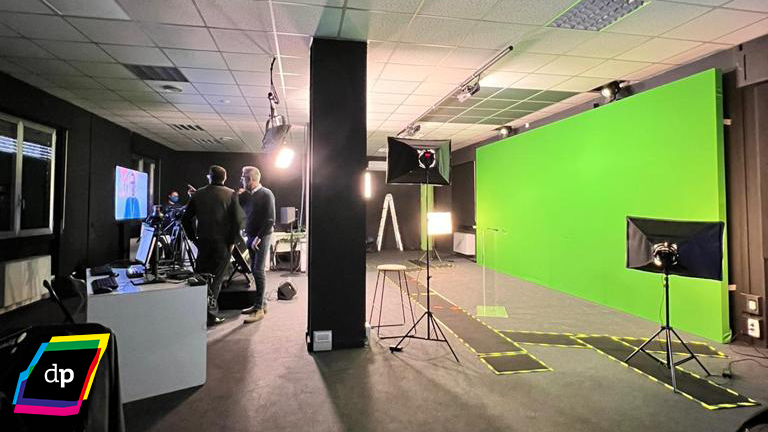Tell us, in the last two years, have you never heard yourself say ‘your microphone is off’? (What? You can’t hear it, you’re on mute!) . After countless meetings and online events, we can say that we have all become experts in these video conferences, or at least think we are, doing everything to keep ourselves indispensable in the long run.
Everyone has their own favourite platform, where they can move more easily and which allows for more actions, such as polls to be launched among participants, whiteboards to be shared or even the direct use of external applications, thanks to the integration of these in the web conference tool.
Why do we (also) like digital ones?
Digital events are therefore enjoying their heyday, thanks to the convenience they offer both those who organise them and those who attend them.
Commonly shared advantages certainly include:
- lower cost of organisation – the cost of software for conducting webinars and digital conferences is lower than for organising an ‘in-person’ event,
- greater data collection – the use of online platforms and tools for gathering information on participants has made it easier to analyse trends of interest
- less time wasted – the stress of traffic and the time needed to reach the event venue are reduced, saving energy and precious time
- reaching an otherwise unreachable audience – e.g. because they are too far away and therefore
- greater visibility – participation in an event is not limited by space and time, as the possibility of recording the meeting or following it even from under a beach umbrella guarantees a higher number of participants.
Something we miss
One wonders, if online events are so convenient, why is it that a high percentage of people still prefer physical participation?
The answer is immediate for most of us, and certainly the reason is not nostalgia for traffic or coffee breaks with buffets (or is it?).
What people suffered most during remote meetings was the loss of social contact and the hindrance to non-verbal communication that made the flow of information more difficult.
Moreover, as much as technology has proven to do its job well, technical problems, including audio, video and content sharing, but especially internet connection, are always lurking; these contingencies would be avoidable, or at least more easily solved, in offline events.
Overcoming these already known premises, we come to the real benefit for participants: networking. Sipping coffee during a break creates a lot of contacts, but as long as one remains behind a screen and the coffee one drinks is from the mocha at home, traditional conversations are truncated. This is especially true in business meetings, i.e. a large part of corporate meetings.
The middle ground that brings everyone together
A term that has been catching on lately, and which we at Digital Punk cannot hear, is ‘phygital‘, or the hybridisation of physical with digital systems. The possibility of choosing between physical and online participation creates a great advantage in terms of audience size, while preserving networking opportunities.
In this way, participants can manage their level of involvement, while the organisers are able to exploit the benefits of both modes, starting from efficiency in terms of organisational costs to the possibility of collecting audience data.
In conclusion, we can say that we have admirably succeeded in coping with a moment of crisis, turning a critical issue into something truly useful. How? Simply by bringing together the two worlds, the physical and the digital, arriving at the so-called hybrid events.
But perhaps today this is no longer enough; the real need lies in developing innovative models that exploit the potential of technology. What if there were new ways of networking? What if there were opportunities to exchange ideas and contacts even at a distance? It is likely that online event platforms are already exploring opportunities to develop these communication channels, with the hope of being able to totally replace the physical experience in the future.
And what do you think? Would you still be happy to acquire new contacts via a screen and abandon the idea of the coffee break buffet forever?
We want to hear your opinion and compare it with our ideas, together we can design something fantastic!


Recent Comments